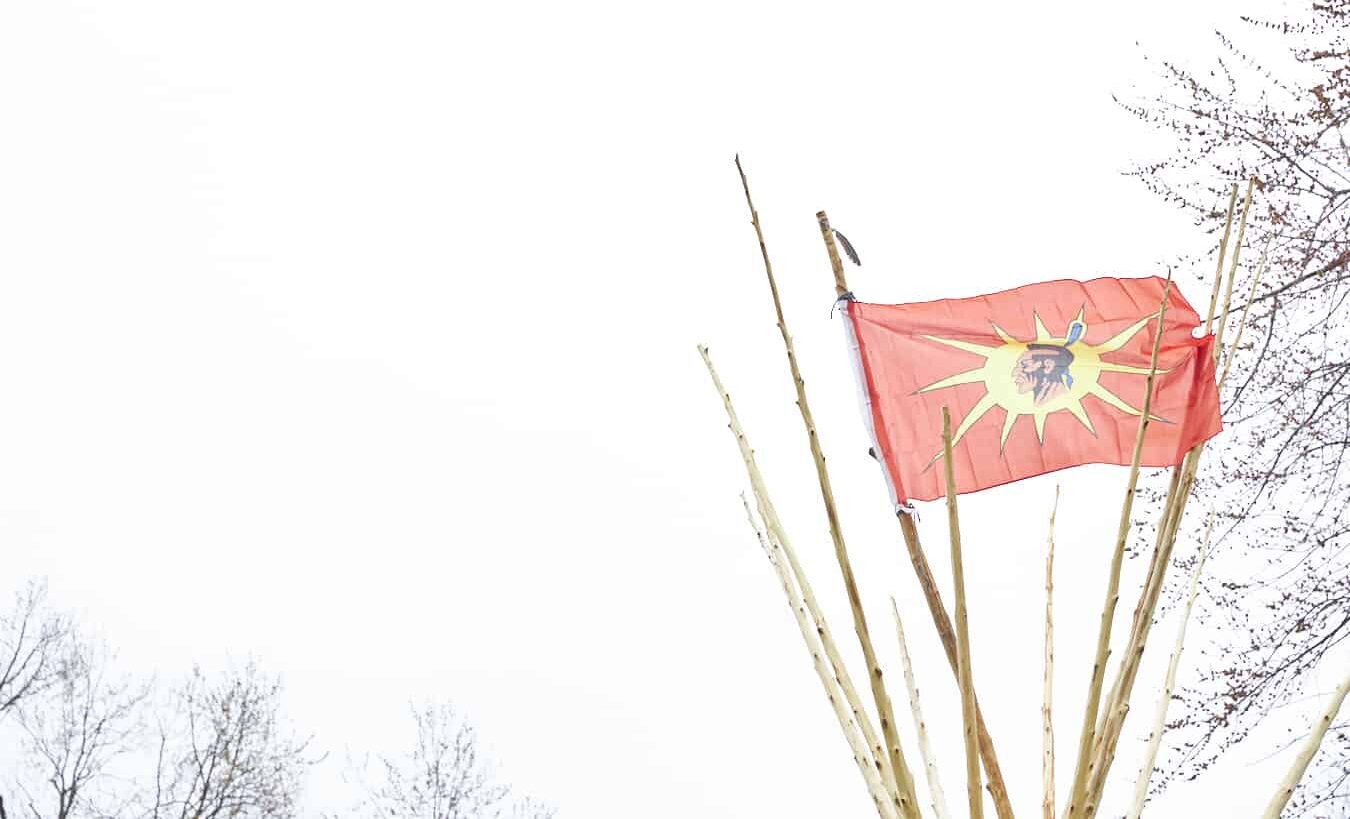- About
- Research
-
-
- Special Reports & Features
- Pretendians and Publications: The Problem and Solutions to Redface Research
- Pinasunniq: Reflections on a Northern Indigenous Economy
- From Risk to Resilience: Indigenous Alternatives to Climate Risk Assessment in Canada
- Twenty-Five Years of Gladue: Indigenous ‘Over-Incarceration’ & the Failure of the Criminal Justice System on the Grand River
- Calls to Action Accountability: A 2023 Status Update on Reconciliation
- Data Colonialism in Canada’s Chemical Valley
- Bad Forecast: The Illusion of Indigenous Inclusion and Representation in Climate Adaptation Plans in Canada
- Indigenous Food Sovereignty in Ontario: A Study of Exclusion at the Ministry of Agriculture, Food & Rural Affairs
- Indigenous Land-Based Education in Theory & Practice
- Between Membership & Belonging: Life Under Section 10 of the Indian Act
- Redwashing Extraction: Indigenous Relations at Canada’s Big Five Banks
- Treaty Interpretation in the Age of Restoule
- A Culture of Exploitation: “Reconciliation” and the Institutions of Canadian Art
- Bill C-92: An Act respecting First Nations, Inuit, and Métis Children, Youth and Families
- COVID-19, the Numbered Treaties & the Politics of Life
- The Rise of the First Nations Land Management Regime: A Critical Analysis
- The UN Declaration on the Rights of Indigenous Peoples in Canada: Lessons from B.C.
- View all reports.
- Special Reports & Features
-
-
- Yellowhead School
- The Treaty Map
- LIBRARY
- Submissions
- Donate
On March 27, Toronto Indigenous Harm Reduction raised a tipi in Toronto.
Three days later we took it down. While it was up, it created a space of ceremony, healing, and community at Allen Gardens Park, a gathering place for many houseless Indigenous people in the city.
It was also medicine to strengthen people against the coming displacement. On April 6, mass evictions are set to unfold against encampment residents at Moss Park, Scadding Court, Trinity Bellwoods, and other parks throughout the city — part of a new campaign of displacement.
This tipi stood as a symbol of unconditional love, support, and the unconquered spirit of our people in the face of colonization.
The tipi, a traditional home of Plains Cree people, has been lent to the people here in this space to lift their spirits at a time of suffering. Amidst this global pandemic, unhoused Indigenous people in this territory are facing a houselessness crisis and violent removal.
The land and territory in which Toronto resides has a long history of Indigenous resistance and frontline movements on behalf of Indigenous peoples. As this land is governed by the One Dish One Spoon Wampum Belt Covenant, Indigenous peoples and subsequent nations are called to share peaceably and to steward the land and waters here. Grassroots movements, led by Indigenous individuals, have organized rallies, sit-ins, occupations, marches, and other acts of resistance to protest ongoing colonization and imbalances in the treaty relationships. We have come together around land and water defense, missing and murdered Indigenous women, girls, trans and 2spirit people, lack of clean drinking water in Indigenous communities, police brutality, and most recently, the houselessness crisis and encampments evictions.
If you aren’t familiar with the systemic displacement of Indigenous people in urban centres, specifically Toronto, it is always happening all around us.
According to the Canadian Observatory on Homelessness, Indigenous Peoples in this city “constitute around 15 percent of those experiencing homelessness in the city, even though they make up only around 0.5 of the total population.”
Indigenous people forcibly removed from Treaty land is this country’s longest-standing tradition and today is no different. Many of the Indigenous houseless are Indian Residential School and 60’s scoop survivors.
As the third wave of COVID-19 emerges, Indigenous folks who find themselves unhoused are now being threatened with violence to clear encampments, with no promise of safe, permanent housing. Instead, they are coerced inside and these options are dismal. Overwhelmed shelter programs, many of which at over 100 percent capacity on a given night, are also rife with COVID-19 outbreaks. Shelter hotels are a revolving door due to harsh guidelines and many with no capacity or tolerance for the trauma that our people come with. Many women, 2spirit, and trans folks find the violence too overwhelming there, plus COVID-19 outbreaks exist there, too. Almost no options for permanent stable housing exist. A stark contrast to the enormous wealth and resources that exist in the city of Toronto.
We need more permanent solutions. Our people deserve better. This is tragic. What is hopeful, though, is the ways that Indigenous peoples make community wherever we go, and show up for one another. We mark our grief and loss in feast and ceremony. We carry our Indigeneity with us wherever we go.
But as we said at a recent rally in support of encampment residents, the situation that is happening here will be the criminalization of Indigenous place-making and care. And everyone’s going to watch it.
The state is going to criminalize people from not having homes. And the reason we come out here to do what we do — we drum and we sing and we practice our cultures— is because many many of the people in these camps are Indigenous. They speak their languages, they know their songs, they are brilliant knowledge holders. Many are elders themselves.
And we practice our cultures because guess what else is criminalized in this country? Being Indigenous is criminalized. So if they’re going to come in and they’re going to arrest everybody, they can do it while we are practising our cultures, just like they’ve done for hundreds of years in this country.
We would like to acknowledge the support of Elder Wanda Whitebird, Dashmaawaan Bemadzinjin (They Feed the People), Church of the Holy Trinity, all of the youth, fire keepers, knowledge keepers, singers, and dancers who made this ceremony a reality, and who also stand behind our community in solidarity.
Citation: Toronto Indigenous Harm Reduction. “Toronto Indigenous Harm Reduction in Solidarity with Indigenous Encampment Residents” Yellowhead Institute. 01 April 2021. https://yellowheadinstitute.org/2021/04/01/toronto-indigenous-harm-reduction-in-solidarity-with-indigenous-encampment-residents/
Feature Image provided by Toronto Indigenous Harm Reduction



